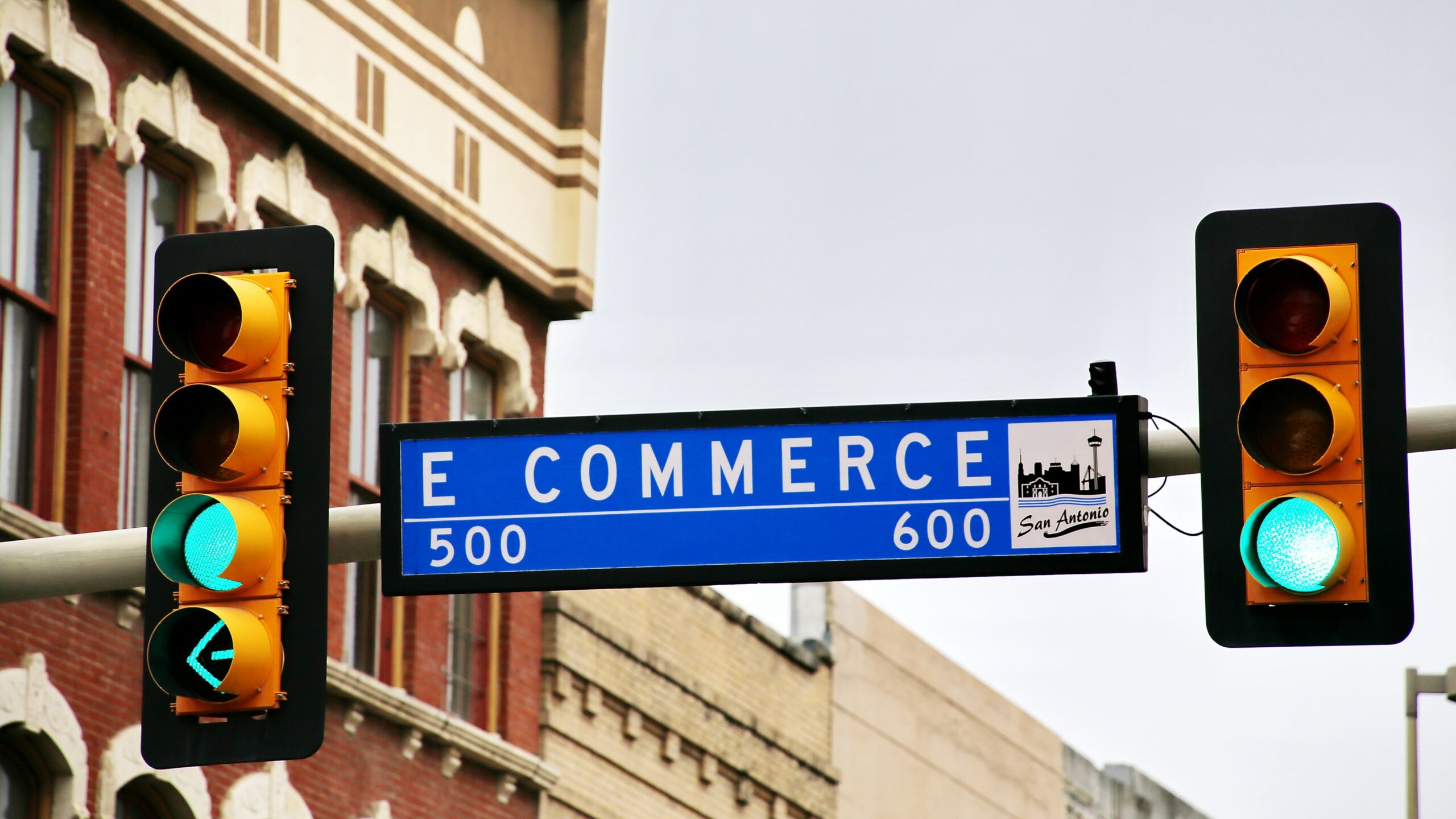Today, everything is accessible on the Internet: buying tickets for a show, shopping, booking a trip, etc. E-commerce is a sector that continues to grow worldwide. For you, it is an opportunity to digitalise your activities. GDPR compliance brings clarity, security, and trust to e-commerce operations. In this article, you will learn more about how GDPR compliance helps you to do business with your e-commerce.
E-commerce, a booming and data-driven sector
It’s not surprising that e-commerce skyrocketed in 2020 as consumers turned to their devices for their grocery, apparel, and home furnishing purchases due to the global pandemic.
The convenience of e-commerce, combined with this change in consumer behaviour, reflects a stronger demand for online shopping post-pandemic.
Today all players should start their transition to the digital, offering a multi-channel experience.
What does this mean?
- Ensuring a presence in shop but also on all available digital channels;
- Thinking about a coordinated user experience. The user can start his/her experience via his/her laptop, continue via his/her smartphone, and finish in your shop.
In addition to designing your own environments (website, mobile application, etc.), you will benefit from the numerous marketplaces.
A marketplace is a website where the products offered come from multiple sellers. This is a good way for you to reach a new audience. And this offers you a significant additional turnover.
But what are the advantages of starting an e-commerce?
- Attract prospects for customer acquisition. Digital offers you access to a new type of clients that does not or hardly ever visit a shop. With an optimised marketing strategy, you can capture this audience who prefer to browse your products and buy them online. Of course, if you sell digital products or services, this is even more important. You can also benefit from reaching new audiences thanks to sponsored links, display retargeting, etc.
- Increase customer loyalty. E-commerce responds to a real evolution in users habits. In B2C as in B2B, people now want to be able to consult content and buy products at any time. An e-commerce service allows you to meet this need. You can also set up personalised marketing campaigns if your users have given their consent to the placement of marketing cookies. This is a good way to build customer loyalty.
- Costs optimisation. Launching a pure player activity allows you to save on the costs that would have been necessary for a physical store (stock management, inventory, staff, etc.). Furthermore, digital allows you to offer a seamless, improved experience. So you can expect to improve your internal processes and sell more.
- Additional turnover. You gain access to new audiences whose average purchase basket may be higher. You gain access to new markets.
Moreover, e-commerce has moved towards a data-driven approach, which means collecting and using a lot of data. What are the trends to keep in mind?
The trend towards a 360 view of the customer, as well as the trend towards providing an increasingly personalised service for the customer, are examples of how the protection of personal data on an e-commerce platform is essential.
The GDPR compliance of your e-commerce, a real opportunity
GDPR compliance is an imperative to secure your e-commerce activities. Taking into account the principles of the GDPR from the creation or the re-design phase of your e-commerce shows your concern for the protection of your customers’ data. This is a real differentiating asset, and a trust-builder.
When we talk about GDPR compliance of your e-commerce, there are several things to keep in mind:
- Consent is king. Make sure to get clear consent. That means neither pre-ticked boxes nor assumptions for your users.
- Transparency is king too. Make everything really clear on the way you collect, store and process your users personal data.
- Security and protection of your customers’ bank details is a must.
- Management of commercial prospecting databases, and users requests to exercise GDPR rights is a must too.
In our E-commerce website successful GDPR compliance checklist we have put together a practical and easy to apply GDPR compliance checklist for e-commerce.
Bring clarity, security and trust to you users, so they can easily see, find and understand your policies and practices on their personal data.
Conclusion: Start your e-commerce with a GDPR-compatible approach
Launching an e-commerce activity offers you real business opportunities. The transition to digital is today an expected imperative as much as a promise to increase your turnover while lowering your costs.
In addition, privacy is the new normal in business around the world, and especially online. You need to build trust with your users, clients, partners and prospects. One of the best ways of doing that is to demonstrate a commitment to the privacy and security of your users information.
To help you ensure total transparency on the processing of your users’ personal data, you can rely on a company like Admeet and easily create your GDPR notices to inform your users in a clear way and to make your website GDPR compliant.
